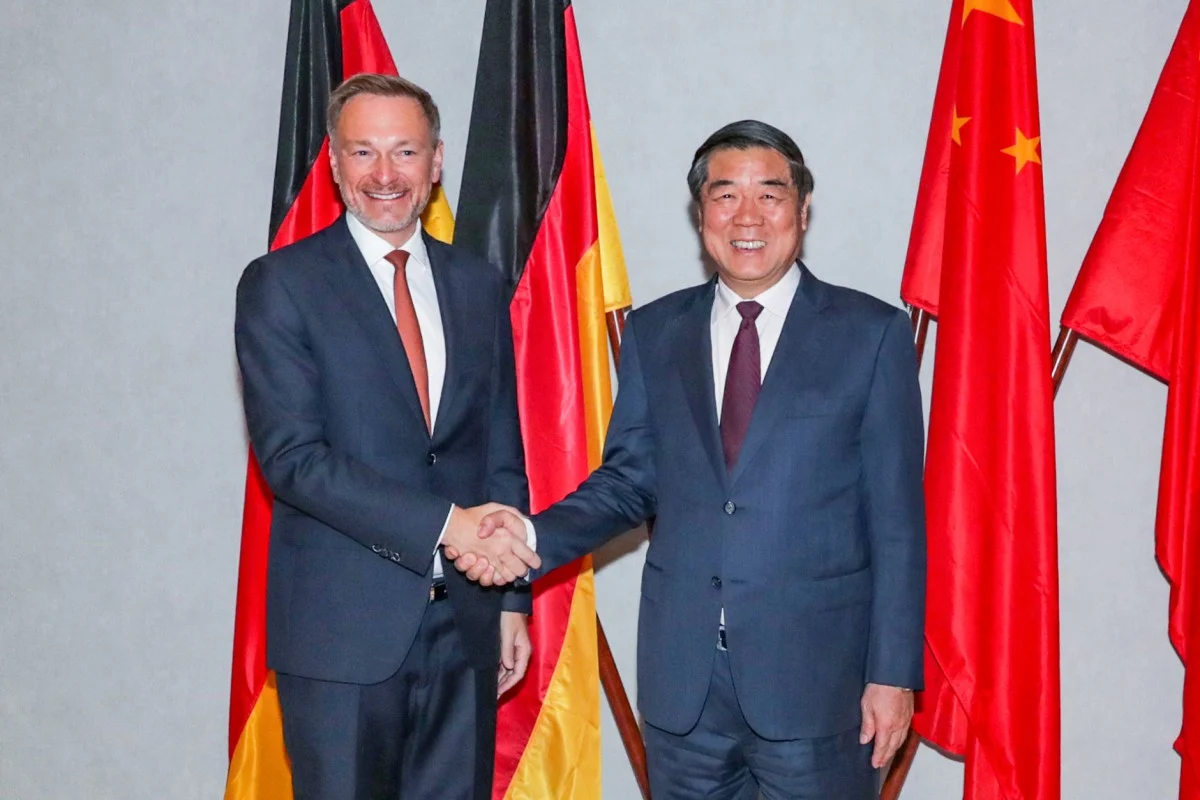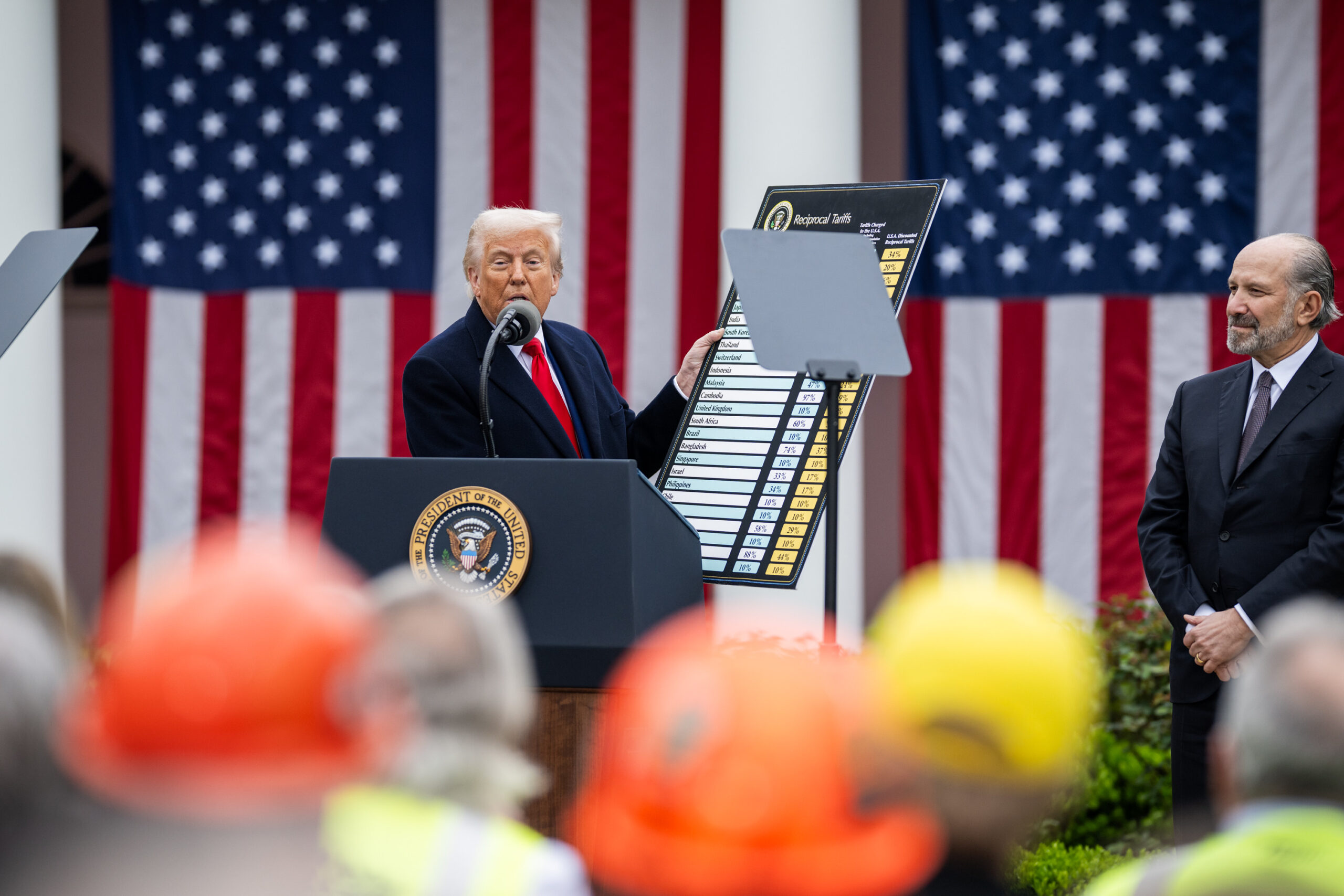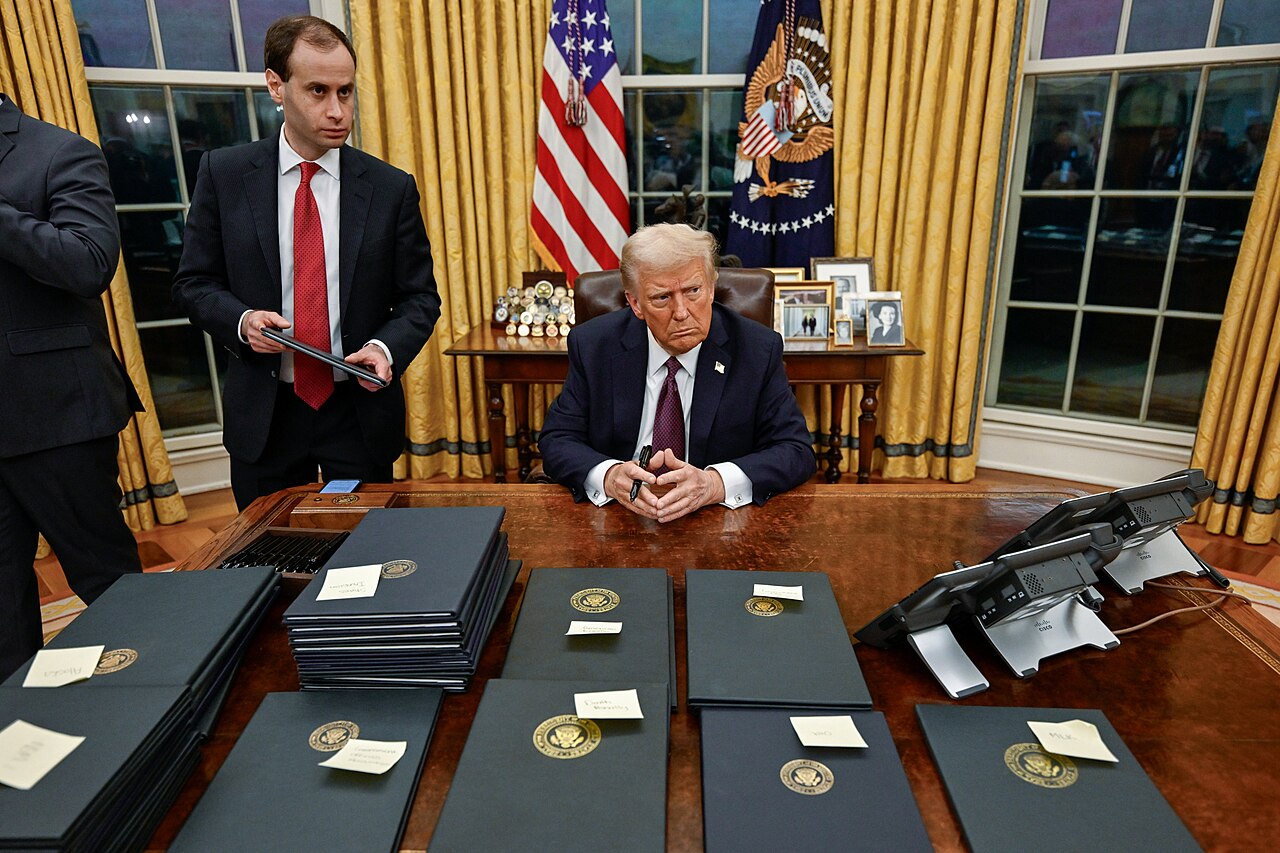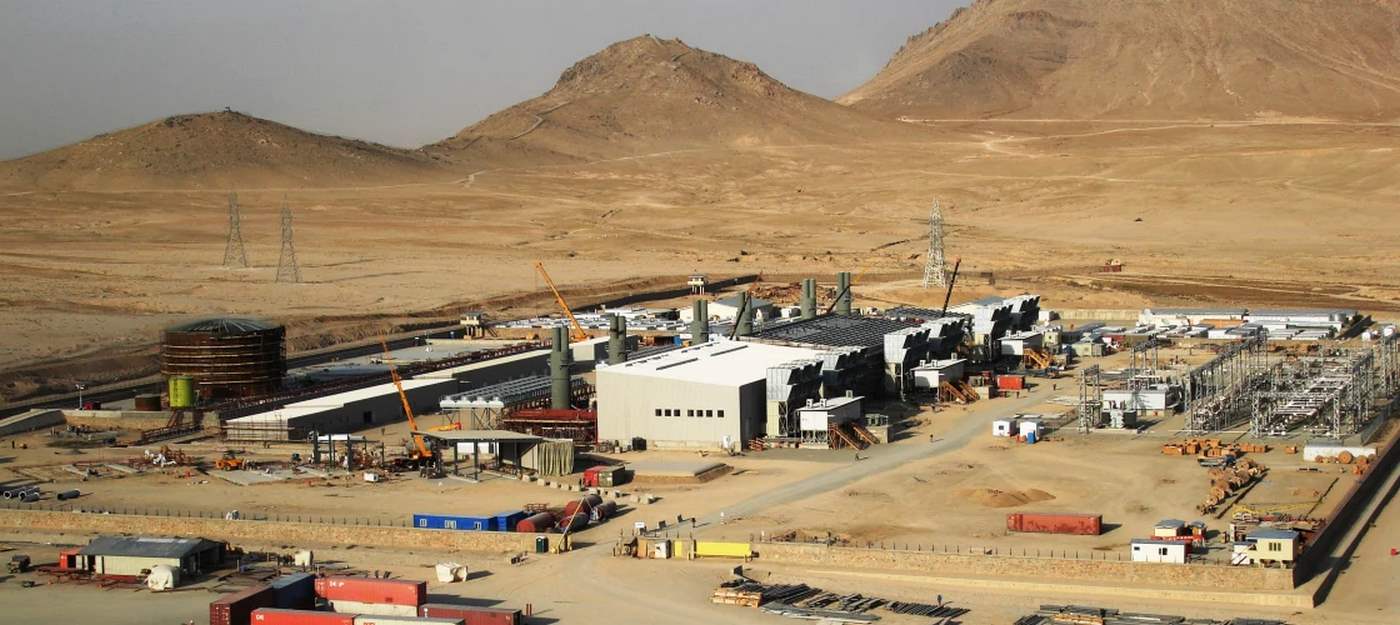End of the Empire is a twice-monthly feature on all news relating to the transition from the unipolar world of the US Empire to a multipolar world.
The US and China are right in the middle of a serious economic war. As recently as late September, the US Commerce Dept. released new guardrails limiting any firm receiving subsidies under the CHIPS and Science Act from conducting activity with Chinese businesses, while China responded with a 20% hike in their already outsized semiconductor subsidy program worth $150 billion.
Before that, further export controls to try and crowd China out of the computing hardware industry were instituted in August, leading major manufacturer Nvidia to release a statement saying such controls were harmful to American business.
Ever since the days of 18th-century economist David Ricardo, economists and business leaders have had to explain anew every decade why such retaliatory or protectionist trade policies don’t benefit the people they are purported to protect, but it hasn’t usually stopped politicians in Washingon, Beijing, or elsewhere from taking advantage of economic illiteracy in the populace and spreading fear about countries out-competing them.
With this as a backdrop, the perceived economic competition between China and the US continues worldwide, but as this column has explored, the US response against Russia’s invasion of Ukraine triggered a disillusionment between the US and her allies who see the dollar being weaponized, and free trade existing only as a means to advance US interests.
Last weekend China and the EU’s largest economy—Germany—agreed to further integrate economies, with German Chancellor Olaf Scholz sounding just like Ricardo and saying that protectionist measures in the EU that burden importers of Chinese electric vehicles help no one. When the US was preparing to pass the Inflation Reduction Act, the German government, and many in the EU, considered it a serious betrayal by the US—mocking it with the name the “Buy American Act” because of the massive subsidies and primitive protectionist measures it contained.
The 25-point commitment made with China in Frankfurt at the first high-level financial dialogue in four years, included resolutions to expand mutual market access, deepen investment, and strengthen cooperation through multilateral economic frameworks, including the China-backed Asian Infrastructure Investment Bank (AIIB). Bi-lateral trade between the two countries reached nearly €300 billion last year.
German Finance Minister Christian Lindner said the two parties had a “very constructive and open” dialogue which he hoped would become a biannual event on his calendar.
“Germany now has more consensus, especially among its businesses, that risks are everywhere, but opportunities in China are irreplaceable,” Wang Yiweng, a China-EU specialist at Renmin University in Beijing, told the South China Morning Post, who also heard from Austin Strange, an assistant professor in international relations at the University of Hong Kong.
“Given Canada’s decision earlier this year to revisit its relationship with the AIIB, Germany’s reaffirmation of its cooperation within the AIIB is likely reassuring to China’s government,” said Strange. “And it likely reflects a viewpoint that it is better to try to influence the AIIB’s trajectory from within rather than from the outside”.
Canada froze its ties with the China-backed development bank, writes the SCMP, earlier this year after a former communications officer said the bank was “dominated by the Communist Party,” a suggestion rejected by Beijing.
Pakistan and Jordan
With Germany and China hanging their hats on freer trade, mid-September saw a meeting of the snidely named G”77,” which encompasses a vast portion of the globe’s land and population, but almost all low and middle-income countries. At the summit, held in Havana, America’s Hemispheric enemies joined with many of their key regional partners in Africa and Asia to stress the need for a multidimensional world community, and highlighted instance after instance where the richest countries in the Northern Hemisphere have used their wealth and influence to advance and protect themselves, whether it was related to COVID-19, “plundering” trade policies, or climate change.
At the opening of the meeting, UN General Secretary Antonio Guterres called for a world “more representative and responsive to the needs of developing economies”, stressing nations were “trapped in a tangle of global crises”.
Al Jazeera reports that a draft of the closing statement underlines the many obstacles facing developing nations, and includes “a call for the establishment of a new economic world order”.
Cuba held the Chair position for the Group of 77 this year, taking it over from Pakistan last year. It has come out that last year, the US bullied the cabinet of Pakistan to pass a no-confidence vote against Prime Minister Imran Khan, which saw him removed from office and eventually arrested on charges of corruption. The motivation of the bullying was a visit Khan held with Russian President Vladimir Putin just days after he invaded Ukraine.
In a secret cable, which WaL reported on last month, the Pakistani Ambassador to the US clarified that the meeting between Putin and Khan had been scheduled months in advance, and while Khan had denounced the military attack by Russia, the country nevertheless was an important energy partner of Pakistan. The US Assistant Sect. of State for South Asian Affairs, Donald Lu, says that this was still the major cause behind a potential freeze of US-Pakistan relations.
In any event, a Pakistani oil refinery managed by Cnergyico just concluded the first-ever deal purchase of Russian oil by the Pakistani private sector, amounting to a supply of 156,000 barrels of Urals crude as part of a trial run through June 2024. Journalists pressed Cnergyico over what currency the transaction was made in, since a public-public oil deal between the countries earlier this year took place in Chinese RMB.
Elsewhere, another close US ally, Jordan, is so hungry for Chinese investment that The Cradle reports the government in Amman is concerned the US will interfere. The journal reported that leaked documents from the Pentagon show US threats to Amman have largely succeeded in stymieing an almost continuous stream of investment from Chinese business into the country’s power and infrastructure sectors, even after these projects stalled out for all the various reasons Chinese offshore investments are famous for stalling. WaL
PICTURED ABOVE: Chinese Vice-Premier He Lifeng (right) and German Finance Minister Christian Lindner prepare for talks in Frankfurt on Sunday. PC: Xinhua.



